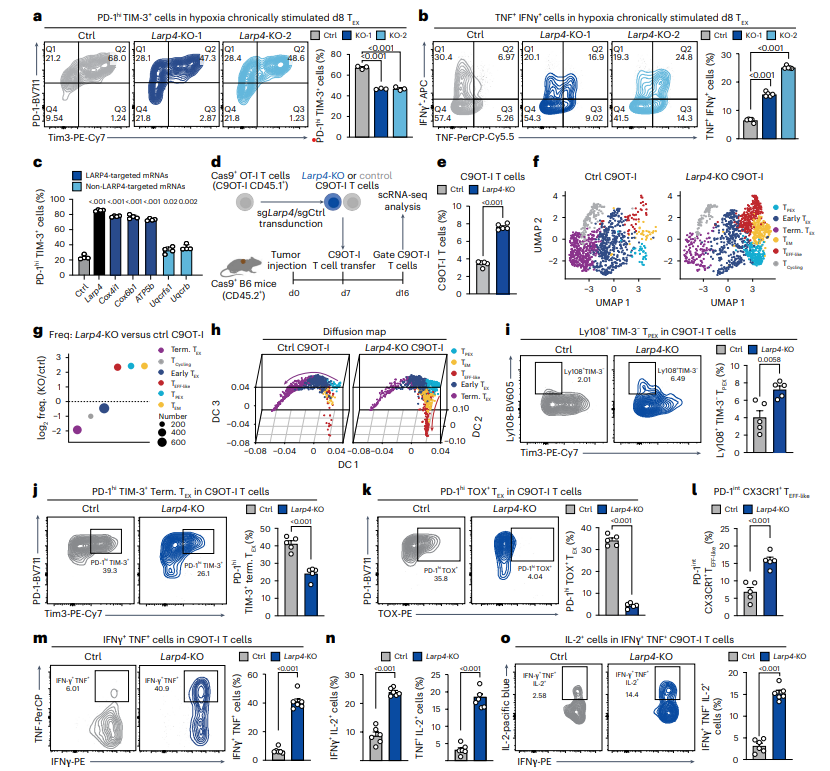- Based on the new high-throughput sequencing technology, the functions of newly identified epigenetic regulators were studied, and the regulation mechanism of novel nucleic acid modifications such as RNA m6A on gene expression was interpreted.
- Interpreting the precise regulatory mechanism of RNA modification in the maintenance, transformation and reprogramming of embryonic stem cells. which is applied to stem cell medical science and tissue and organ regeneration.
- To study the dynamic changes of epigenetic modification of tumor cells and immune cells in tumor microenvironment, and to elucidate the mechanism of tumor immune escape.
- Develop machine learning and artificial intelligence algorithms, integrate epigenome, epigenome data and clinical medical information to accurately predict, diagnose and treat cancer, and realize intelligent medical treatment.
We found that the m6A “written” protein METTL3 catalyzes the production of m6A modifications of chromatin-related regulatory RNA (carRNA), including promoter-related RNA, enhancer RNA and repetitive element RNA. m6A on carRNA can globally regulate chromatin state and transcription level, and participate in the maintenance of pluripotency of embryonic stem cells (Jun Liu, et al. Science, 2020).


We proposed that dendritic cells modify the translation efficiency of proteases in lysosomes through RNA m6A methylation, and influence the new mechanism of tumor antigen and T cell immune response, providing a new potential target and theoretical support for immune checkpoint implantation therapy (Dali Han, et al. Nature, 2019).

We demonstrated that knockout of Larp4 alleviates mitochondrial stress and functional exhaustion of intratumoral CD8⁺ T cells, restoring their effector capacity and persistence within the tumor microenvironment. Larp4 deficiency rebalances oxidative phosphorylation, enhances cytokine production, and redirects exhausted T cells toward a rejuvenated effector state, thereby improving anti-tumor immunity (Yi Liu, et al., Nature Immunology, 2025).
